Partnerships for Nature: insights from Indigenous-led models in Canada
15 April 2025 / WORDS BY Pollination Foundation
read article
London+44 203 355 1556
Sydney+61 2 8313 7109
Melbourne +61 2 8313 7109
Washington +1 872 201 1168
In this second edition of Nature Finance Focus, we highlight a number of models that are helping to unlock and scale nature investment. Some models are well established, alongside others in which we see significant promise and growth. By showcasing these tangible case studies, we aim to provide ideas and options which can be taken up by the global bank or investor, or by the major corporate.
The report also details the findings of our biennial survey of 500 institutional investors across the UK, USA, Australia, Singapore and Japan.
View reportFour years ago, when Climate Asset Management launched as a joint venture between HSBC and recently formed consultancy Pollination, it laid out ambitious plans to become the biggest investor dedicated to natural capital.
15 August 2023 / WORDS BY Dr Helen Crowley and Olivia Back
The fashion industry has potential to be a significant contributor to building awareness of and investment in approaches that mitigate climate change, restore and protect biodiversity and build resilience. It can do this both through the way it does business and by doing what fashion does best: setting trends.
But delivering on this promise requires a significant shift from where the sector currently sits.
The World Economic Forum attributes approximately 5% of all global emissions to the fashion industry, whilst the United Nations Framework Convention on Climate Change (UNFCCC) has suggested the figure is closer to 10%. Through the types of materials, chemicals and dyes that the sector uses it generates significant pollution, degrades land and overconsumes water. This presents a massive opportunity for leadership with innovation.
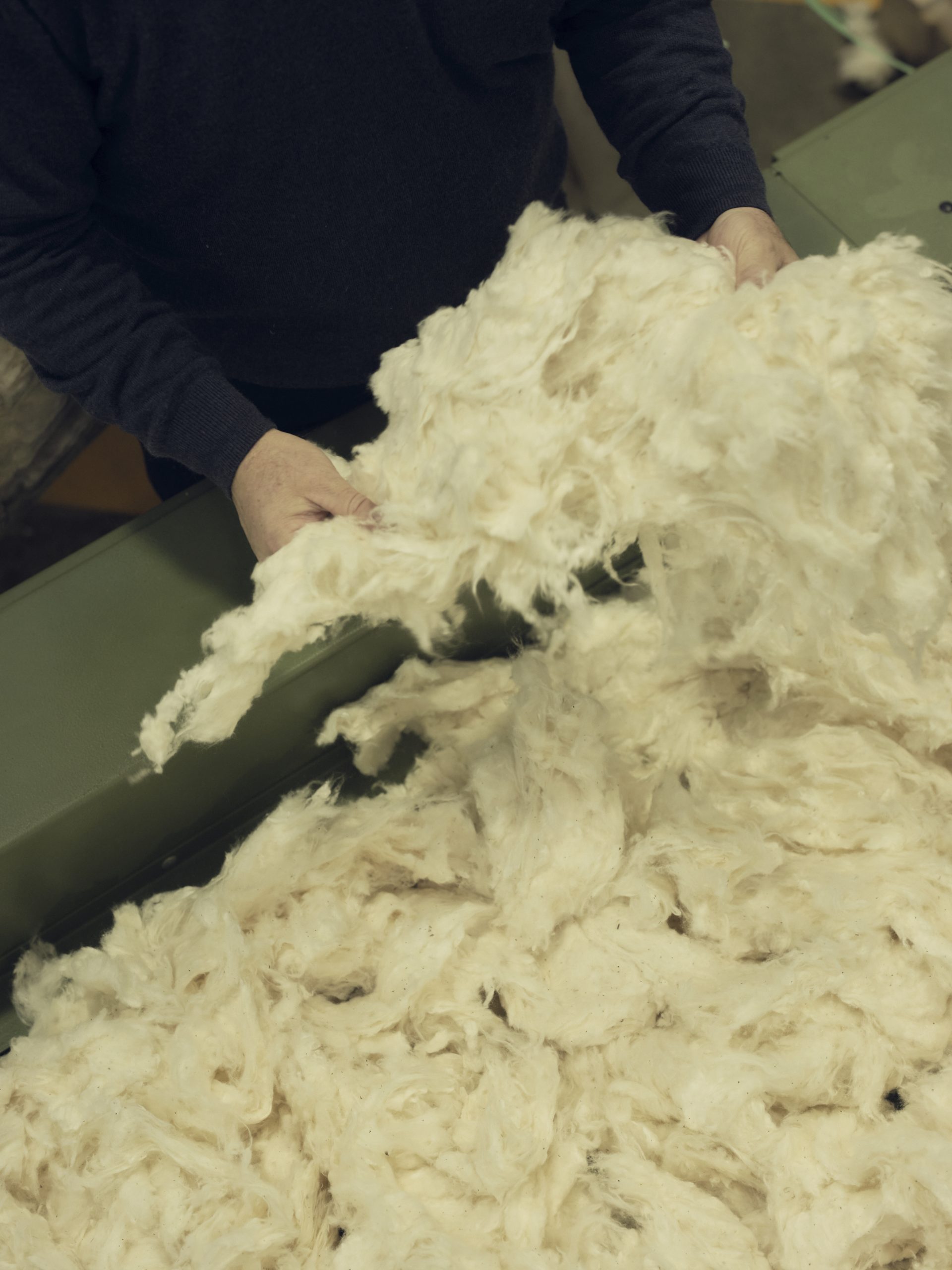
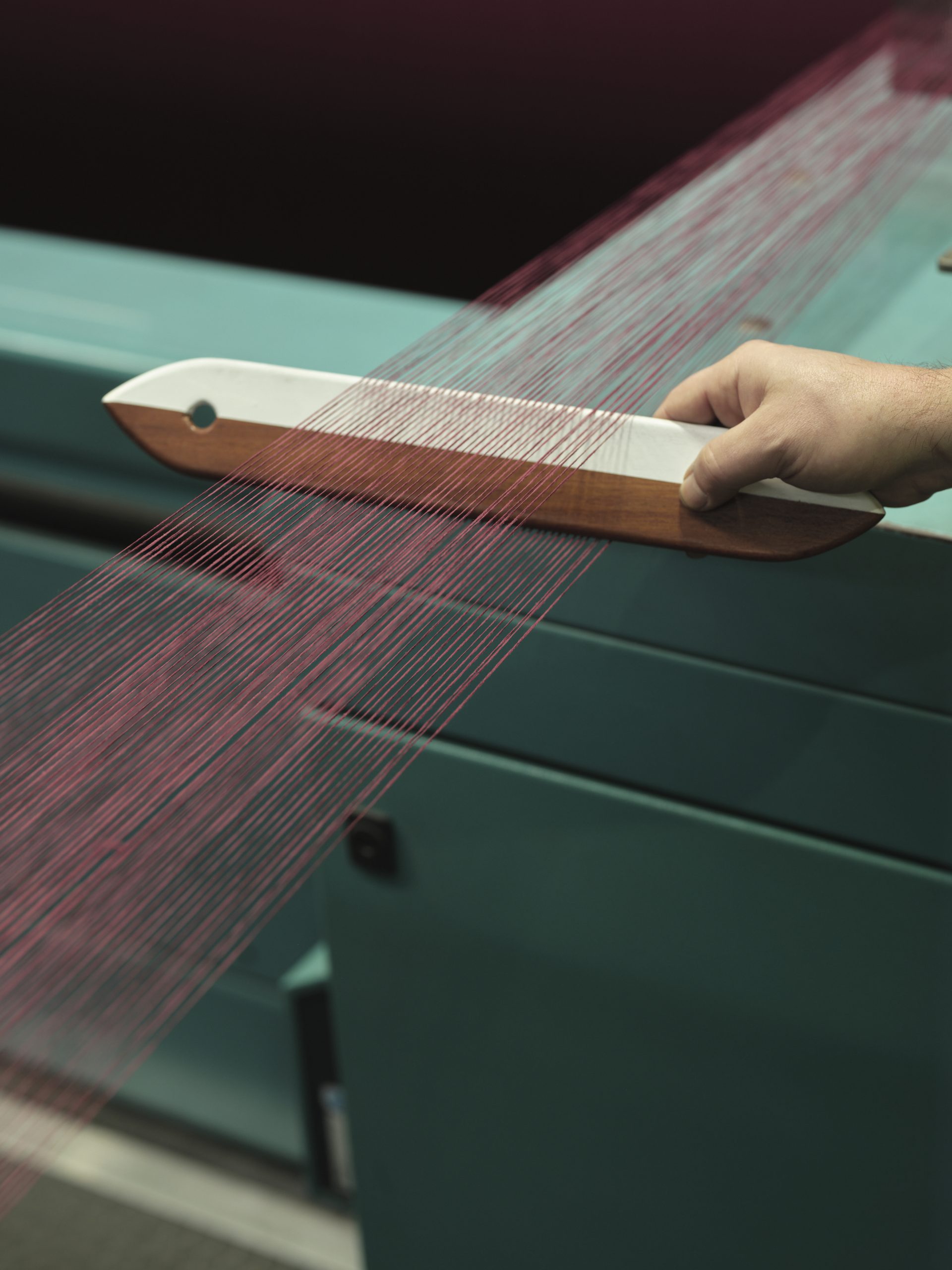
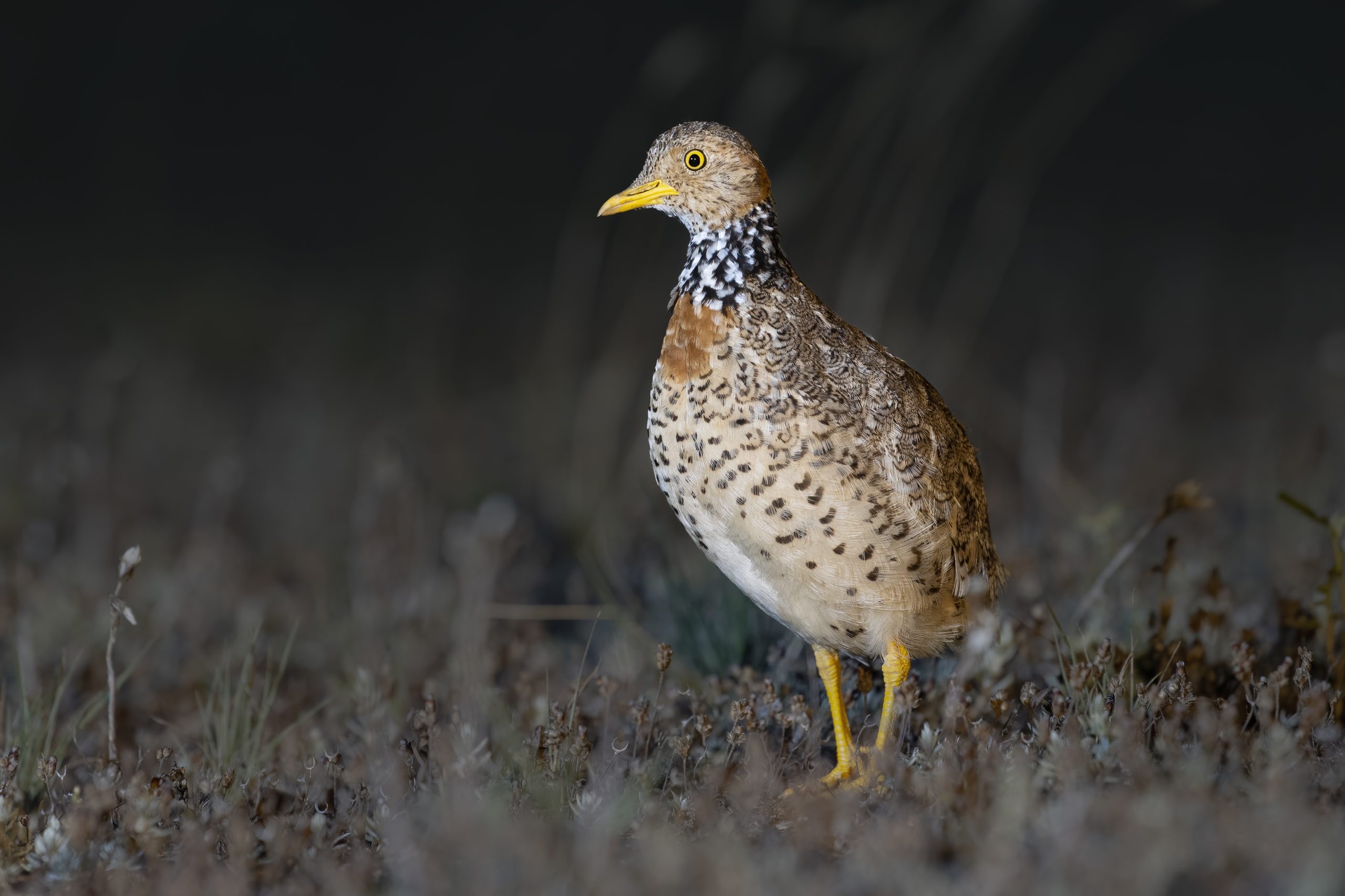
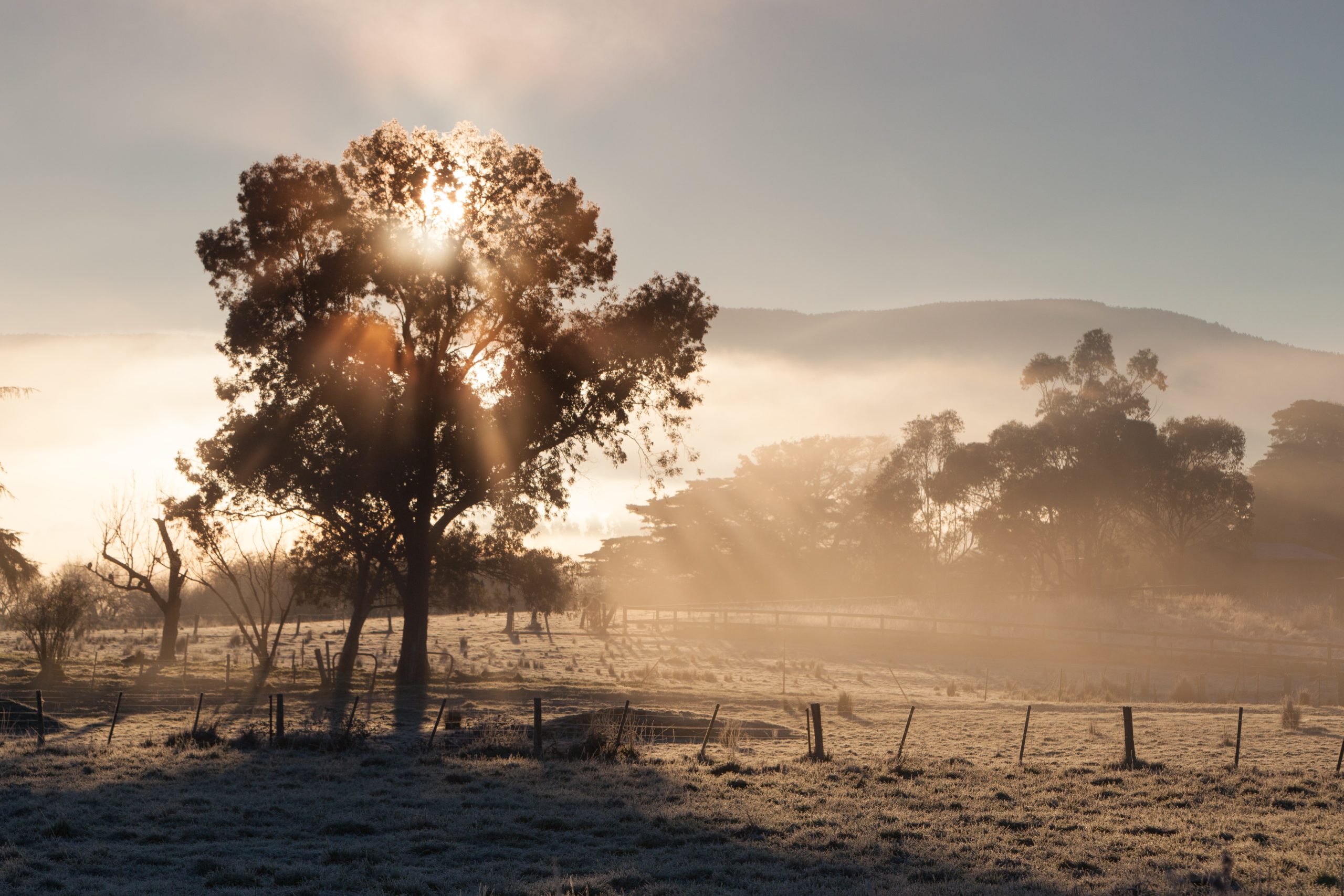
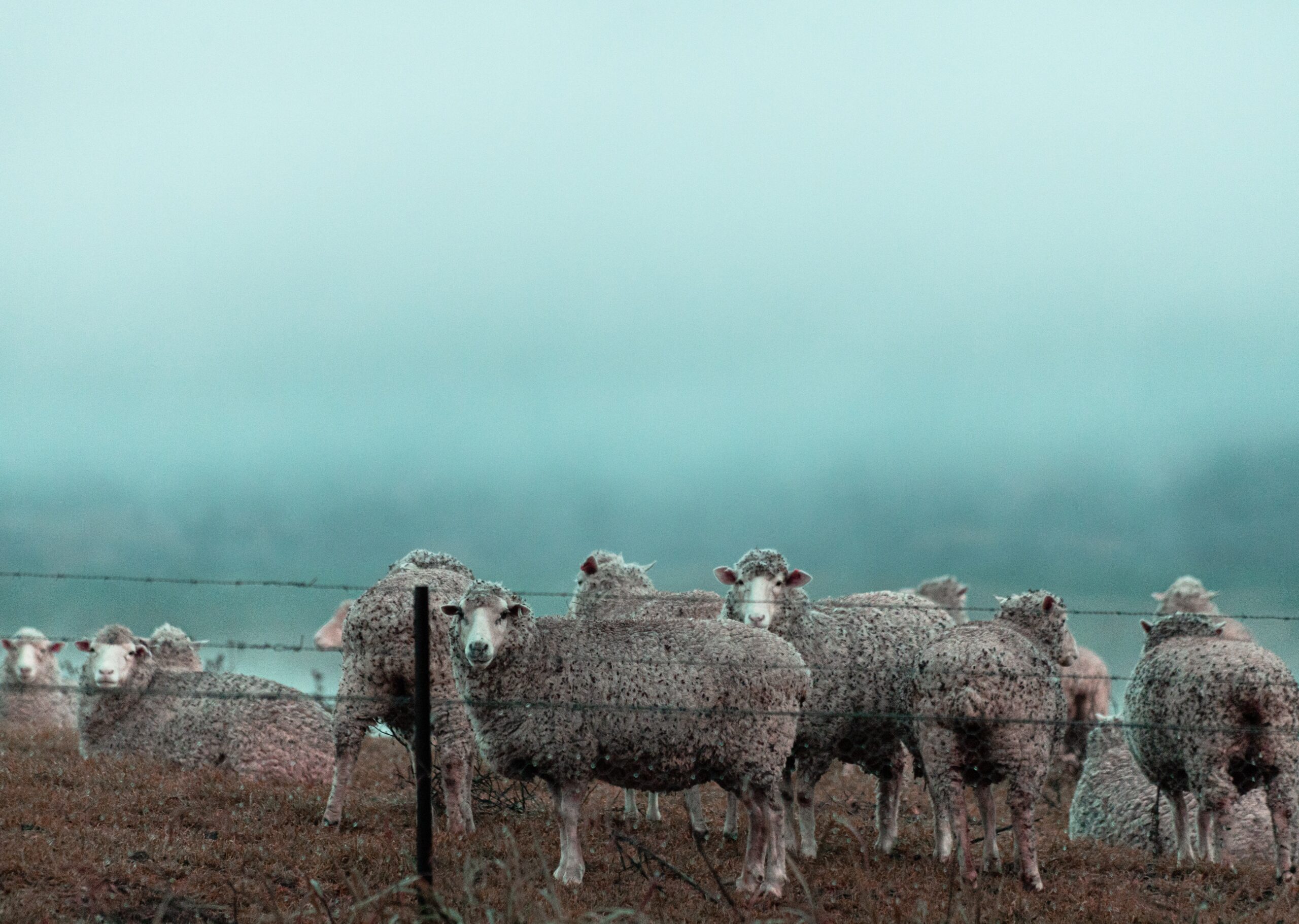
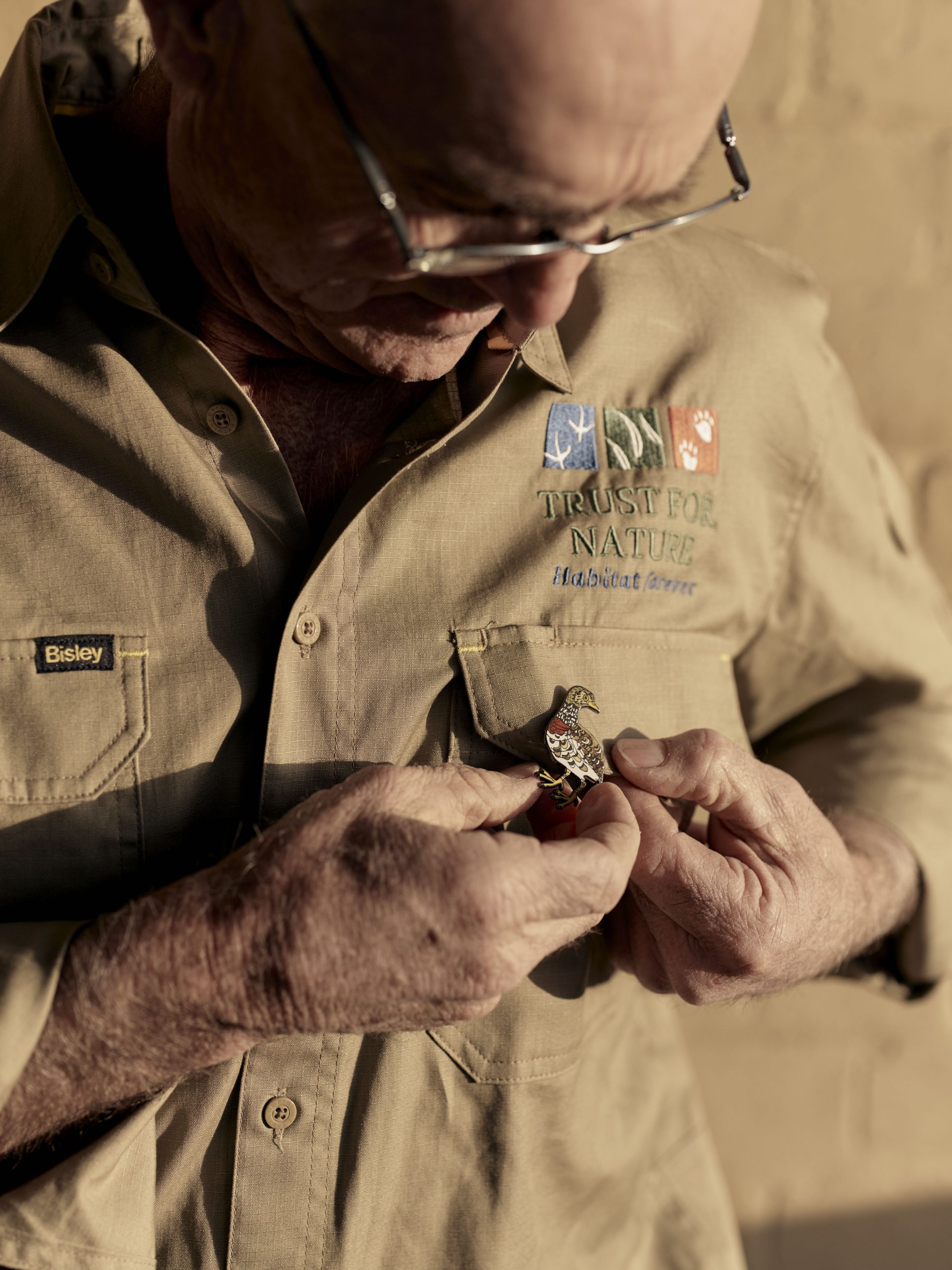
Australian fashion retailer Country Road is embracing this opportunity and setting a new leadership example with its Climate Fund, which was launched in October 2022. The Fund supports innovation and solutions for the inter-linked challenges of climate change, biodiversity loss and resilient livelihoods. In its first three years, the Fund will offer $1.5 million in grants to initiatives and projects that focus on the themes of Biodiversity, First Nations, Innovation and Circularity.
After a competitive request for proposals process, Country Road recently announced the first round of funding, spanning three projects:
Landcare Australia will accelerate the participation of Australian wool/cotton farmers in carbon markets through the development of a toolkit to support farmers with accessing and assessing carbon and biodiversity opportunities and outcomes.
Social enterprise Full Circle Fibres, Geelong Textiles Australia and Deakin University’s Institute for Frontier Materials (Deakin IFM), will collaborate to trial end-to-end manufacturing of low-value wool, sourced from Australian wool growers, into high-value yarn within Australia, using low impact circular textile production practices.
Trust for Nature will work with woolgrowers to establish conservation covenants on their land, protecting the native grassland habitat essential for the survival of the Plains-wanderer (Pedionomus torquatus), an endemic and critically endangered Australian bird.
Pollination worked closely with Country Road to support the design and launch of the Fund and is continuing to support its implementation. As we help build the broader transformation of the sector, we have outlined some key take-aways from the first year’s collaboration.
There is no shortage of ideas and diverse approaches being pursued in Australia by fashion industry actors to accelerate change and address the impacts of the industry more broadly on climate and biodiversity.
Country Road received many interesting applications from proponents seeking funding for projects focussing on climate solutions in different parts of fashion’s value chain.
In its first year, the funding requested by applicants far exceeded the funding available; a strong indicator of the vibrant innovation and enthusiasm for driving positive change across Australia’s fashion sector. As this was the Fund’s first year, we forecast even greater demand for funding in the future as awareness grows and the Fund matures. If more fashion industry players mirrored Country Road’s commitment, the overall innovation dividend could be massive.
There is significant opportunity for the fashion industry to pivot from driving negative impacts for biodiversity and climate to supporting materials, processes and business models that drive positive outcomes.
The Fund was established with the recognition that it will take a range of different solutions to meet our biodiversity loss and climate challenges. This was reflected in the impressive range of project types – tackling different and multiple aspects of innovation, including for example in material design and processing, raw material production, recycling and upcycling, and consumer awareness.
The Fund recognises that driving positive climate outcomes can also drive positive outcomes for nature and biodiversity and that positive climate outcomes can be achieved through nature-based solutions. Trust for Nature’s project is an excellent example of how a focus on land management and the way wool is produced can drive positive climate impacts through increased sequestration potential of vegetation and avoided loss of carbon stores from the further degradation and/or clearing of land. At the same time it can also protect endangered species and potentially enhance the natural ecosystem services of the grasslands.
The fashion supply chain most often starts at the farm with production of raw materials. In Australia, this is very much the case with globally recognised quality wool and cotton. It is the way the land is used for the production of these materials that drives a significant part of the ‘footprint’ of a piece of clothing or a pair of shoes.
Increasingly, some fashion brands are supporting regenerative agricultural practices for their raw materials through direct support to farmers, as well as through certification and procurement processes and supplier codes of conduct. Improved land stewardship moves the ‘footprint’ to positive and can also support improved productivity and resilience of farms, as well as farmer and community livelihoods.
Exciting new opportunities are also emerging for farmers who supply the fashion industry, in relation to accessing carbon and biodiversity markets. For example, Landcare Australia, partially supported by its grant from the Fund, is helping Australian cotton and wool farmers understand the new financing opportunities available to them from generating carbon credits, opening up new revenue streams for farmers that support net zero efforts and improved land management.
Technological advancements are accelerating change in the fashion industry, particularly in relation to materials and production processes.
Full Circle Fibres, Geelong Textiles Australia and Deakin IFM, will be using innovative technologies and processes to manufacture high-value yarn that will reduce the environmental impact of garments, including the greenhouse gas emissions associated with the production of fabric. This advance will also increase the ability of the garment to be responsibly disposed of at its end of life. This project also highlights the advantages of multi-disciplinary responses and collaborative action across industry players to achieve common goals.
The very nature of fashion is that fresh ideas are pioneered by the brave and bold, but – once shown to be effective – quickly catch on and become a trend. If that can be true of a hemline, a colour, or a style of pant, it is exciting to imagine how it can also apply to the kinds of innovation and commitment to driving positive climate and biodiversity outcomes we have seen on display throughout the process of helping to create the Fund.
The insights we have learned along the way have informed and strengthened our expertise in this area, allowing us to help catalyse future impact when it comes to assisting the fashion industry through a necessary and challenging transition.
*Note: Pollination’s Dr Helen Crowley was part of the Assessment Committee that assessed and selected the successful recipients and spoke with Country Road late last year about Pollination’s involvement in shaping the Fund and what the initiative means for the wider fashion industry.
15 April 2025 / WORDS BY Pollination Foundation
read article
Receive latest news and global perspectives from Pollination.
By clicking submit, you agree to our Terms & Conditions.